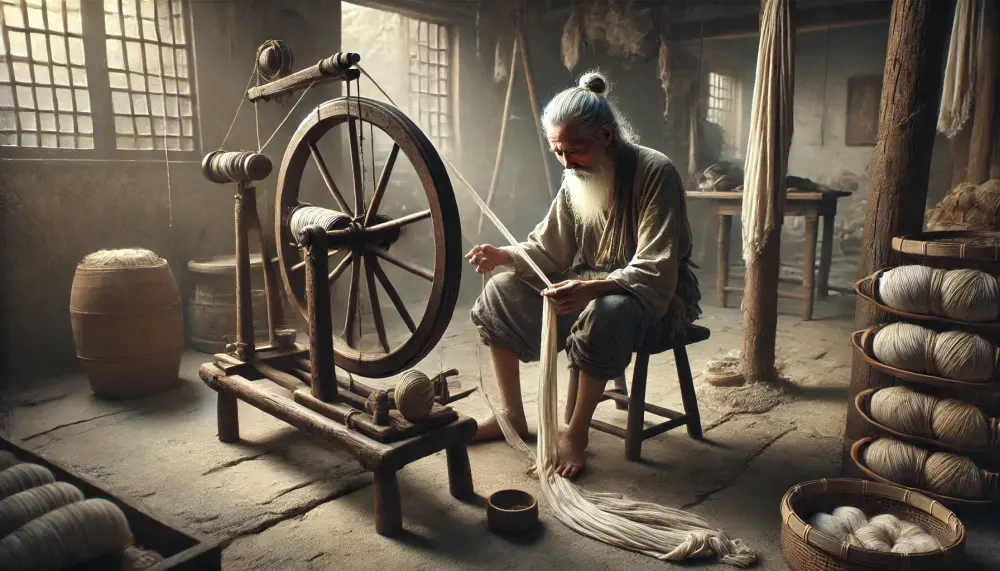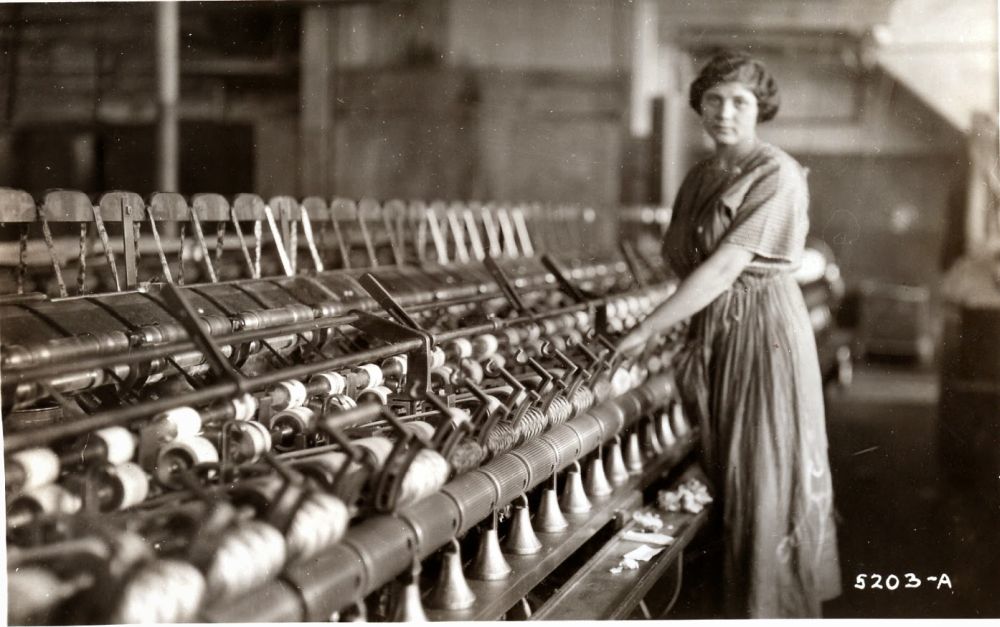For centuries, China was the world’s only source of silk, a luxurious fabric that was highly prized across the globe. The Chinese guarded the secrets of silk production, known as sericulture, with utmost care. The penalty for revealing these secrets was death, ensuring that the lucrative trade remained exclusively under Chinese control. The Roman Empire, among others, was a major consumer of Chinese silk, but the lack of direct access to the source made the fabric extraordinarily expensive.

In the 6th century, however, the Byzantine Empire, the eastern continuation of the Roman Empire, sought to break China’s monopoly on silk. The Byzantine Emperor Justinian I was determined to establish his own silk industry to reduce dependence on costly imports and strengthen his empire’s economy. To achieve this, he sent two monks on a mission to the heart of China, disguised as humble pilgrims. These monks had learned the secrets of silk production during their travels in Asia and were tasked with smuggling silkworm eggs back to Constantinople.

The monks executed one of the most remarkable acts of industrial espionage in history. They concealed the silkworm eggs and mulberry seeds, essential for feeding the silkworms, inside hollowed-out bamboo walking sticks, managing to evade detection by the Chinese authorities. Upon their return to Constantinople, the monks successfully established the Byzantine Empire’s first silk production centers. This act of espionage not only broke China’s monopoly but also laid the foundation for a flourishing silk industry in the Byzantine Empire, which would go on to dominate the European market for centuries.

The consequences of this daring mission were profound. The spread of sericulture to the Byzantine Empire marked a significant shift in global trade dynamics, reducing the East’s control over silk production and creating new economic opportunities in the West. The Byzantine silk industry became a symbol of the empire’s wealth and sophistication, with Constantinople emerging as a new hub of silk trade. This event is a striking example of how industrial espionage has shaped the course of history, influencing economies and cultures across the world.

#SilkTrade #IndustrialEspionage #ByzantineEmpire #GlobalHistory #Sericulture #ChineseHistory #HistoricalIntrigue #TradeSecrets #AncientInnovation
